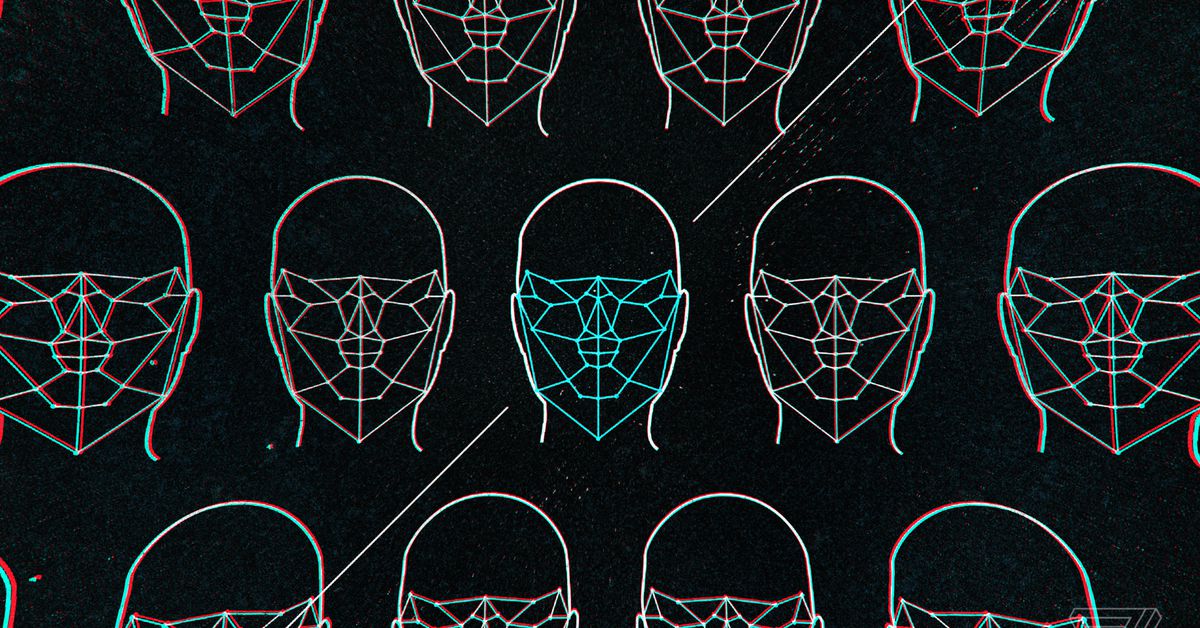US plans major expansion of facial recognition authority at airports
Source: The Verge added 18th Dec 2020US Customs and Border Protection has filed for a significant expansion in its authority to conduct facial recognition at airports. On November 19th, the agency submitted a filing to the Federal Register seeking to expand the ongoing biometric exit program, broadening the program’s scope to include all air and land ports. The filing also shifts the program’s focus entirely to facial recognition, at the expense of alternate methods like fingerprinting.
The filing is subject to public comment for a brief time after its submission. That comment period will end on Monday, December 21st.
First deployed in 2017, biometric exit has operated as a pilot program, limited to a handful of ports in order to assess its viability, although customs officials spoke openly about plans to expand it. As part of the pilot authorization, Customs officials could only collect data from select ports and travelers — but this new proposal would allow border agencies to expand the program at their own discretion.
“If this proposed rule is adopted as a final rule, CBP would continue to expand testing as necessary,” the filing reads.
In particular, that will mean a blanket authorization to collect photographs of the faces of non-citizens. Under the new rule, anyone going through customs on the way in or out of the country should expect to have their face photographed and run through a facial recognition program. The system may also be used to identify US citizens, although they retain the option to opt out.
“This proposed rule provides that all aliens may be required to be photographed upon entry and/or departure,” the filing explains. “The use of facial recognition technology upon entry and departure will make the process for verifying an alien’s identity more efficient and accurate.”
Initially proposed as a means to verify travelers’ identities and prevent visa fraud, the biometric exit program has expanded to include new measures to identify suspects of unrelated crimes. As the privacy assessment explains, the database that matches visa photographs to travelers “will also match those available photographs against available photographs associated with derogatory records, such as TECS lookout records, Terrorist Screening Data Base (TSDB) records, and outstanding wants and warrants.” Travelers with outstanding warrants will be flagged for further review by customs agents.
It remains unclear how President-elect Biden will handle the expanding system when he takes office on January 20th. Biden was largely silent on facial recognition throughout his campaign and has not committed to a stance on the program. Earlier this month, a coalition of civil rights groups pushed the incoming president for stricter regulation of the technology in an open letter.
In June, lawmakers introduced a bill to ban facial recognition at the federal level, but the proposal has not moved forward.
brands: New Office PILOT media: 'The Verge' keywords: Review
Related posts
Notice: Undefined variable: all_related in /var/www/vhosts/rondea.com/httpdocs/wp-content/themes/rondea-2-0/single-article.php on line 88
Notice: Undefined variable: all_related in /var/www/vhosts/rondea.com/httpdocs/wp-content/themes/rondea-2-0/single-article.php on line 88
Related Products
Notice: Undefined variable: all_related in /var/www/vhosts/rondea.com/httpdocs/wp-content/themes/rondea-2-0/single-article.php on line 91
Warning: Invalid argument supplied for foreach() in /var/www/vhosts/rondea.com/httpdocs/wp-content/themes/rondea-2-0/single-article.php on line 91
